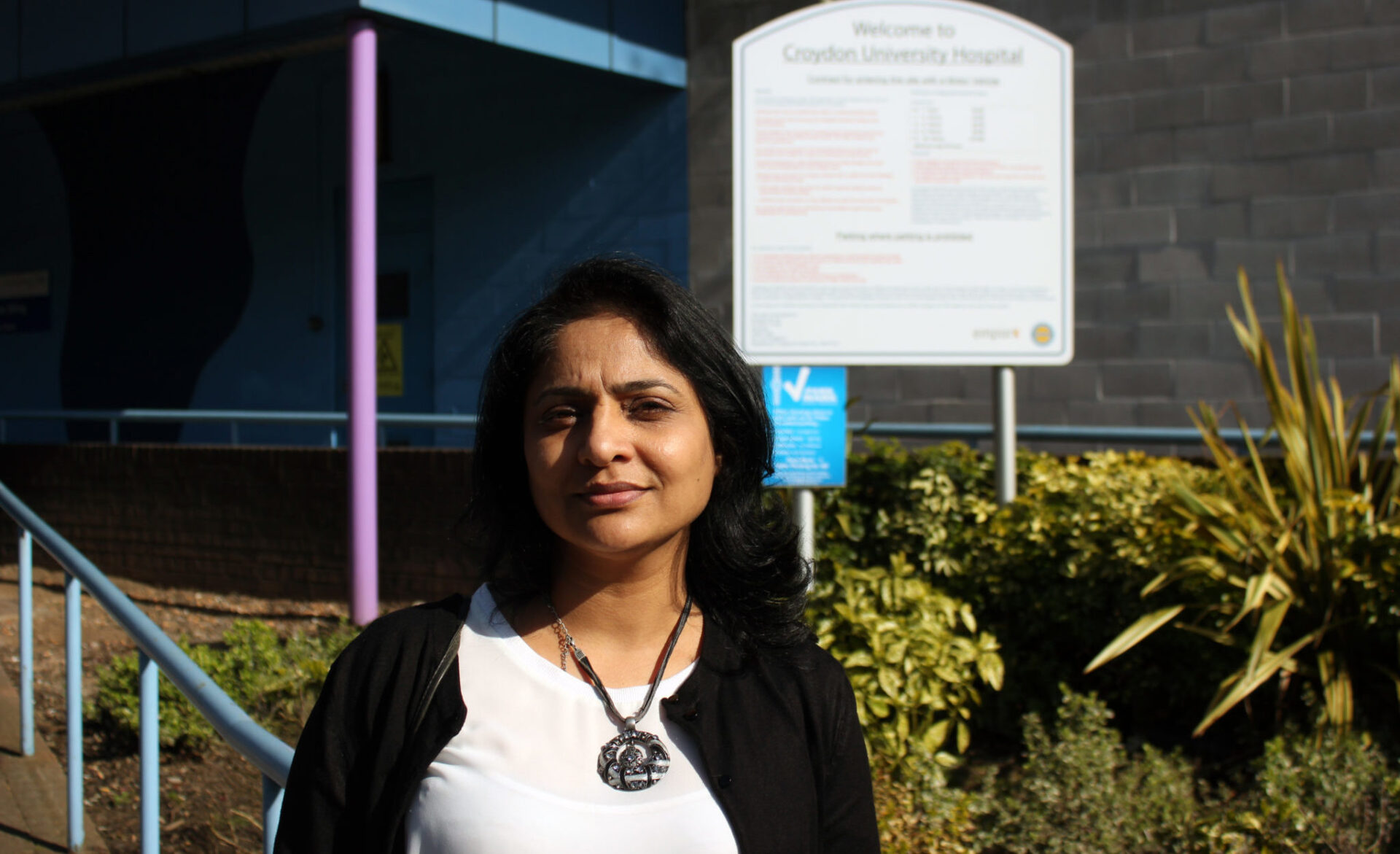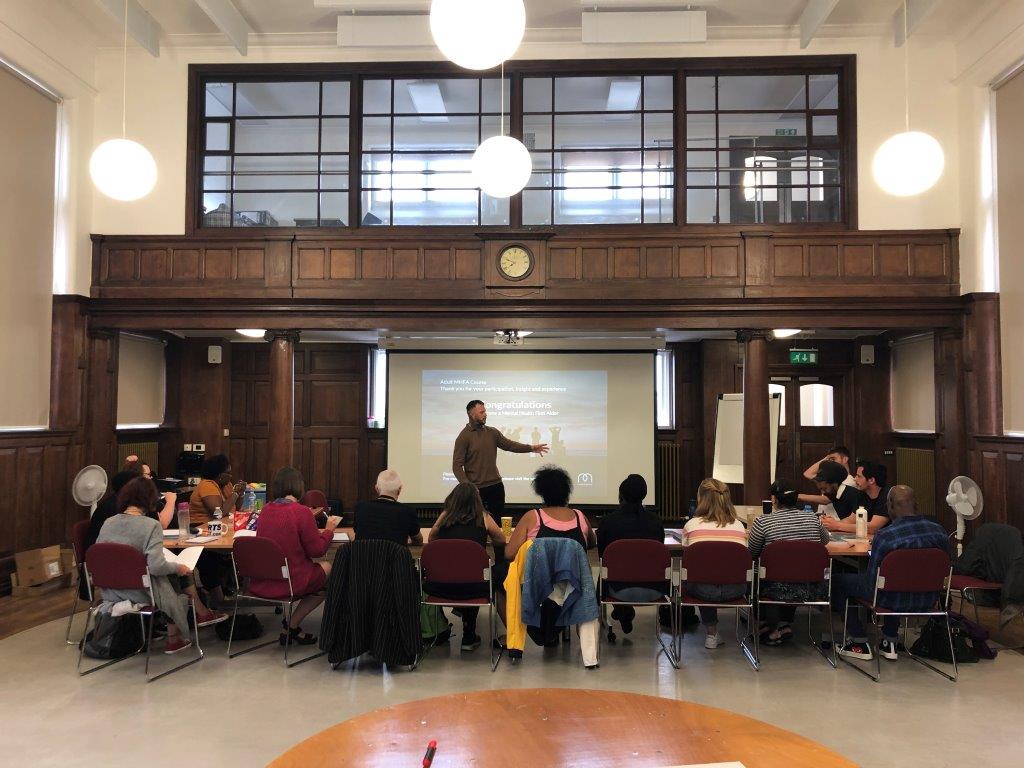Homeless Healthcare: Croydon Hospital Discharge Project
Lead worker Teena Raval discusses her work at Croydon Hospital Discharge project, ensuring people do not return to the streets after being discharged from Croydon University Hospital

The Croydon Hospital Discharge project sees a Thames Reach staff member based at Croydon University Hospital, working with medical, social care and administrative staff both on wards and in the A&E department to avoid patients being discharged out onto the street.
The service offers a person-centred approach to hospital patients focusing on enabling and supporting individuals specifically with support needs related to housing and welfare benefits. Thames Reach lead worker Teena Raval discusses how the project has adapted to the pandemic and plans for the future.
“One of the issues that has arisen during the pandemic is that people with pre-existing medical conditions have fallen through the net, as non-COVID medical procedures and appointments had to be cancelled. Anxieties around coming to appointments have also been a huge part of this, so mental health support is also really important in helping clients during and after the pandemic.
“The numbers of referrals from other services are about the same as usual, but we’re waiting to see what a second wave of the virus could mean for us. As the public integrate more, there is an increased risk, and people who were shielding will still need extra support and to take caution. The demand for our service didn’t ever decrease so we’ve been moving people on at the same rate as normal; 100% of people we were working with throughout the pandemic have been suitably housed.
“I’m the only Thames Reach member of staff on the project, so my role involves collaborating and liaising with a range of different services across Croydon and beyond, such as outreach services, other support organisations, as well as hospitals to ensure patients are receiving adequate support. These are long-running partnerships and we’re really proud of the work we do as a team. Each organisation has an important part to play, and we regularly work with the Salvation Army, Turning Point [drug and alcohol services], the council, Rainbow Health Centre [homeless health service] and Crisis to ensure a well-rounded support package is available to prevent individuals returning to hospital.
Moving forward, I’ll be looking at recruiting volunteers to support the project; there is only one of me from Thames Reach so we’re looking at doing training for new volunteers so we can run longer hours in the project. This wouldn’t be for a full service, but just for signposting and advice out-of-hours. Our service is vital to the hospital so we need to grow it accordingly.”

